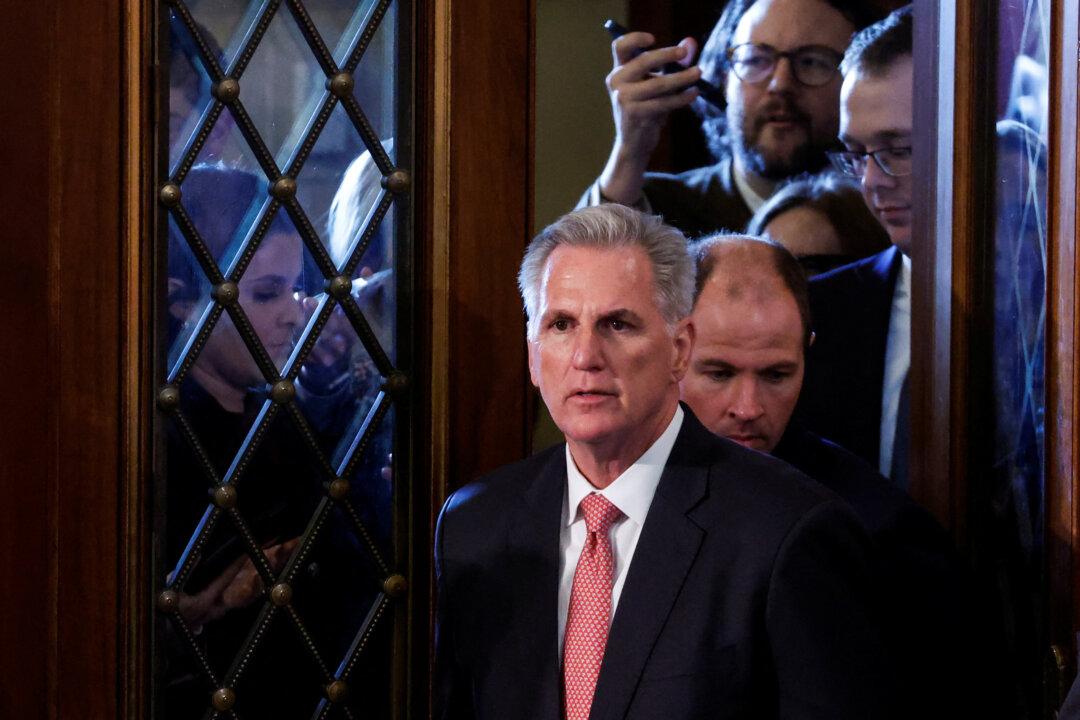News Analysis
The failure to attain a majority sufficient to elect Rep. Kevin McCarthy (R-Ca.) as speaker of the new GOP-led House of Representatives, even on the eleventh attempt, and on the heels of three days of negotiations, reflects a failure of leadership within the party riven by the same pro-Trump and anti-Trump schism that led to disappointing midterm results last November, experts on both sides of the aisle have told The Epoch Times.





